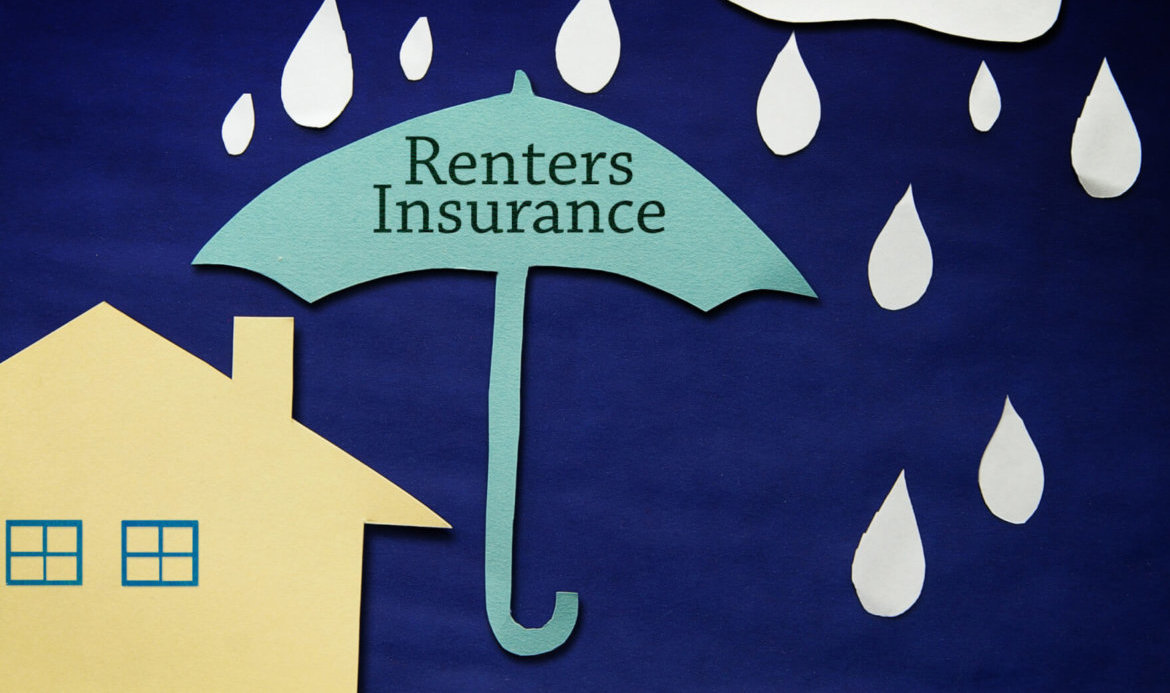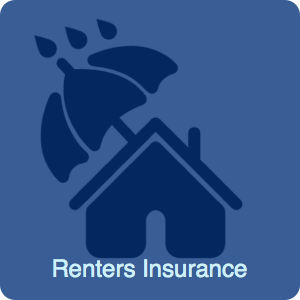Renters liability insurance is a crucial aspect of protecting yourself financially in the event that you cause harm to others or damage their property. While no one anticipates being involved in a lawsuit, the reality is that accidents can happen, and the resulting damages and legal fees can be financially devastating. By having renters liability insurance, you can rest assured that you have coverage for such situations, mitigating the risk of substantial out-of-pocket expenses.The Crucial Role of Renters Liability Insurance: A 2024 Guide to Protecting Your Finances and Property with Essential Coverage
What is Renters Liability Insurance?
Renters liability insurance, also known as personal liability coverage, is a component of a renters insurance policy that safeguards you in case you cause injuries to someone or damage their property. For example, if you are playing a game of softball with your child and an errant hit breaks your neighbor’s window, your liability coverage can pay for the repairs and any associated medical expenses, up to your coverage limit. Additionally, if your neighbor decides to sue you, your policy may also cover your legal fees.
Renters insurance typically includes other types of coverage, such as loss of use coverage, which pays for expenses like hotel bills if you need to temporarily move out while your home is being repaired. Unlike personal property coverage, which usually requires a deductible, liability claims generally do not have a deductible.
If you prefer not to obtain a standard renters insurance policy, some insurance companies offer standalone liability coverage for tenants. While this type of policy won’t protect your personal belongings like a comprehensive renters policy would, it can still cover your liability if you cause accidents or incidents, such as a fire or a dog bite.

Is Renters Liability Insurance Required?
While auto insurance is usually mandatory in most states, renters insurance is not legally required. However, your landlord may insist on renters insurance or at least a certain amount of personal liability coverage as a condition of your lease. It is important to note that the average cost of renters insurance is around $148 per year, providing affordable protection for potential liabilities.
When deciding between personal liability-only insurance and a standard renters insurance policy, consider the differences. Personal liability insurance solely covers damages you cause to others or their property, while renters insurance provides additional coverage for personal liability as well as protection for your own belongings. Moreover, standard renters insurance policies are more readily available compared to standalone liability coverage for renters.
What Does Renters Liability Insurance Cover?
Renters liability insurance primarily covers damages and injuries to other individuals and their property. It is essential to understand that it does not extend to your personal belongings or injuries sustained by you or your household members. However, it offers protection in various scenarios, including:
- Falls and injuries in your home: If a visitor trips over an extension cord in your apartment and suffers a broken wrist, your liability insurance can cover their medical expenses if they decide to sue you.
- Damage originating in your home: Suppose a grease fire in your kitchen causes damage to the neighboring unit. In that case, your liability coverage can help pay for the repairs and any resulting expenses.
- Damage to other people’s property: Accidents happen, and if your child accidentally breaks a valuable vase while at a friend’s house, your liability insurance can help cover the cost of replacing or repairing the damaged property.
- Liability related to social events you host: When hosting social events, there is always a risk of accidents or incidents. If a guest at your house party consumes alcohol and gets into an accident, injuring passengers in another vehicle, you may be held liable. While the guest’s auto liability coverage may come into play, the host can also be found responsible in some states if they supplied the alcohol.

It’s important to remember that certain breeds of dogs may be excluded from liability coverage in the event of a dog bite. Additionally, it is worth noting that the average cost of a dog-related injury claim exceeds $64,000, as reported by State Farm and the Insurance Information Institute.
What Does Renters Liability Insurance Not Cover?
While renters liability insurance offers valuable protection, it is essential to understand its limitations. There are certain scenarios where personal liability insurance does not apply, and other types of insurance may be necessary. Here are a few examples:
- Injuries in common areas: If a guest slips and falls on an icy sidewalk outside your apartment building, your landlord’s liability insurance, not your renters insurance, would typically cover their medical expenses.
- Car accidents: If you are at fault for a car accident that injures others, your liability car insurance, not your renters policy, would cover the medical bills and repair costs of the other parties involved.
- Damage to your belongings: In the unfortunate event of a burglary where your personal belongings are stolen, your renters insurance’s personal property coverage would apply, not your liability insurance.
- Business liability: If you operate a home-based business and a client sues you over a problem related to your business, your renters insurance would typically only cover personal liability claims, not those arising from your business activities. For this type of situation, you would need a commercial policy.
- Intentional acts: If you intentionally cause damage to someone else’s property, such as throwing a rock through a window, your liability insurance will not provide coverage as it is considered a criminal act.
It’s important to review your policy and understand its exclusions to ensure you have appropriate coverage for potential liabilities.
Determining the Adequate Renters Liability Insurance Coverage
When selecting renters liability insurance coverage, it is crucial to consider the potential risks and the value of your assets. Most renters policies offer liability coverage limits ranging from $100,000 to $500,000. To determine the appropriate coverage for you, it is advisable to calculate the total value of your assets, including your car, bank accounts, and retirement savings. By selecting liability insurance that covers at least the value of your assets, you can reduce the risk of a lawsuit wiping out your financial well-being.
If you anticipate an increase in your net worth, such as securing a higher-paying job, it may be wise to increase your liability limit accordingly. Increasing your liability coverage from $100,000 to $300,000, for example, usually incurs an average additional cost of $12 per year.
If you require coverage beyond the maximum liability amount provided by your insurer, you might want to consider purchasing umbrella insurance. This type of insurance offers additional liability coverage that extends beyond the limits of your renters, auto, or other policies.
Frequently Asked Questions
Q: Is personal liability insurance the same as renters insurance?
A: Personal liability insurance is a component of renters insurance. While personal liability insurance covers accidental harm or negligence towards others, a comprehensive renters insurance policy also includes coverage for personal belongings in case of fire, theft, or other disasters.
Q: What does personal liability mean in renters insurance?
A: Personal liability coverage in renters insurance refers to the section of the policy that protects you financially if you are responsible for causing harm or damage to others. For instance, if your dog bites a neighbor or a fire in your kitchen damages the adjacent unit, your personal liability coverage will pay for the associated expenses, up to the policy limit.
Q: Won’t my landlord’s insurance cover me?
A: Your landlord’s insurance policy generally covers their liability, not yours. While the landlord’s insurance might pay for injuries that occur in public areas they are responsible for, such as a slip and fall on an icy sidewalk, your personal liability coverage is needed for incidents that happen within your rented unit.
Conclusion
Renters liability insurance is an essential protection that can shield you from substantial financial losses in the event that you cause harm to others or damage their property. While not legally required in most states, it is often a condition imposed by landlords. By understanding what renters liability insurance covers and its limitations, you can make an informed decision about the appropriate amount of coverage for your needs. Remember to review your policy carefully, assess your assets, and consider umbrella insurance for additional protection. With renters liability insurance, you can have peace of mind knowing that you are financially safeguarded in the face of unexpected accidents or incidents.

